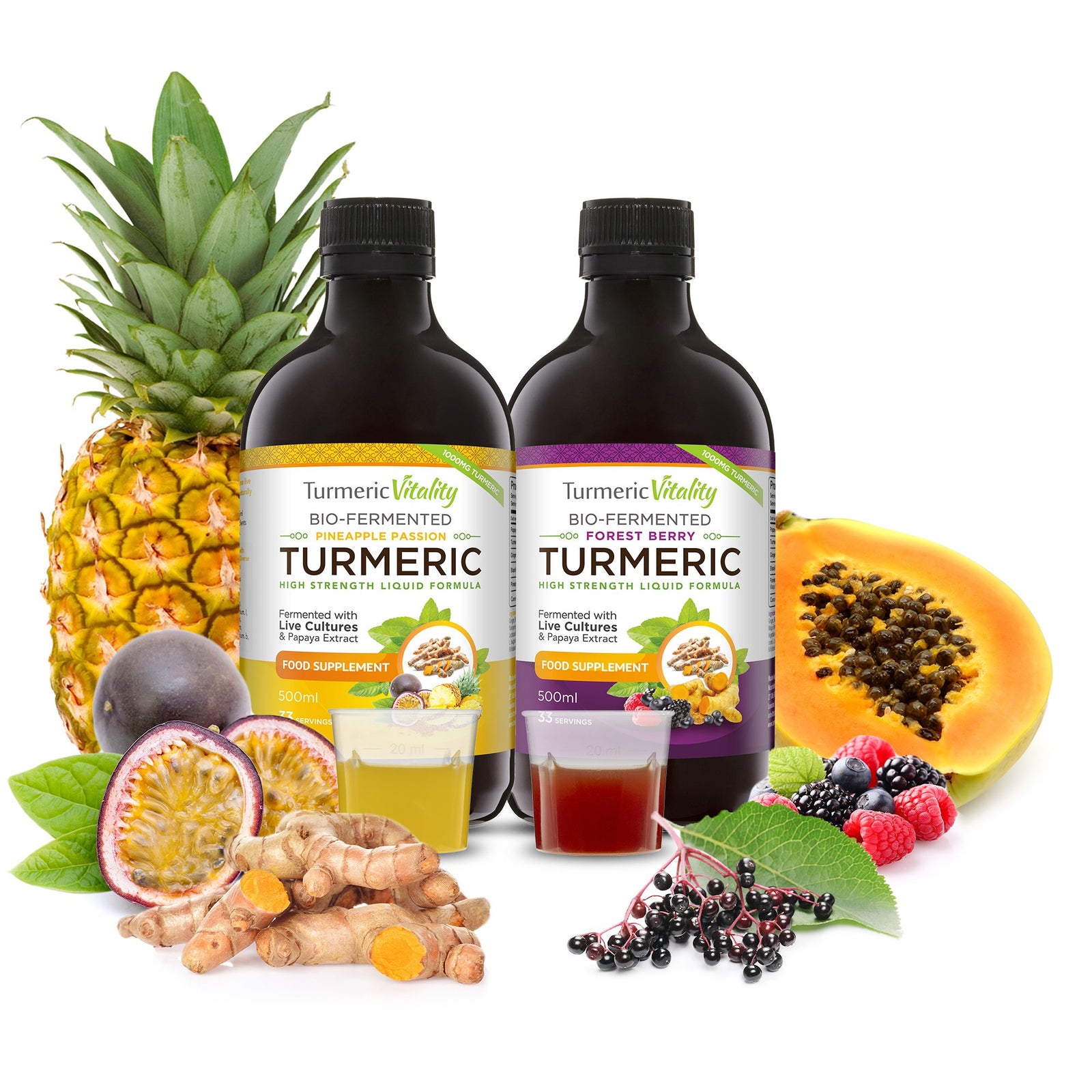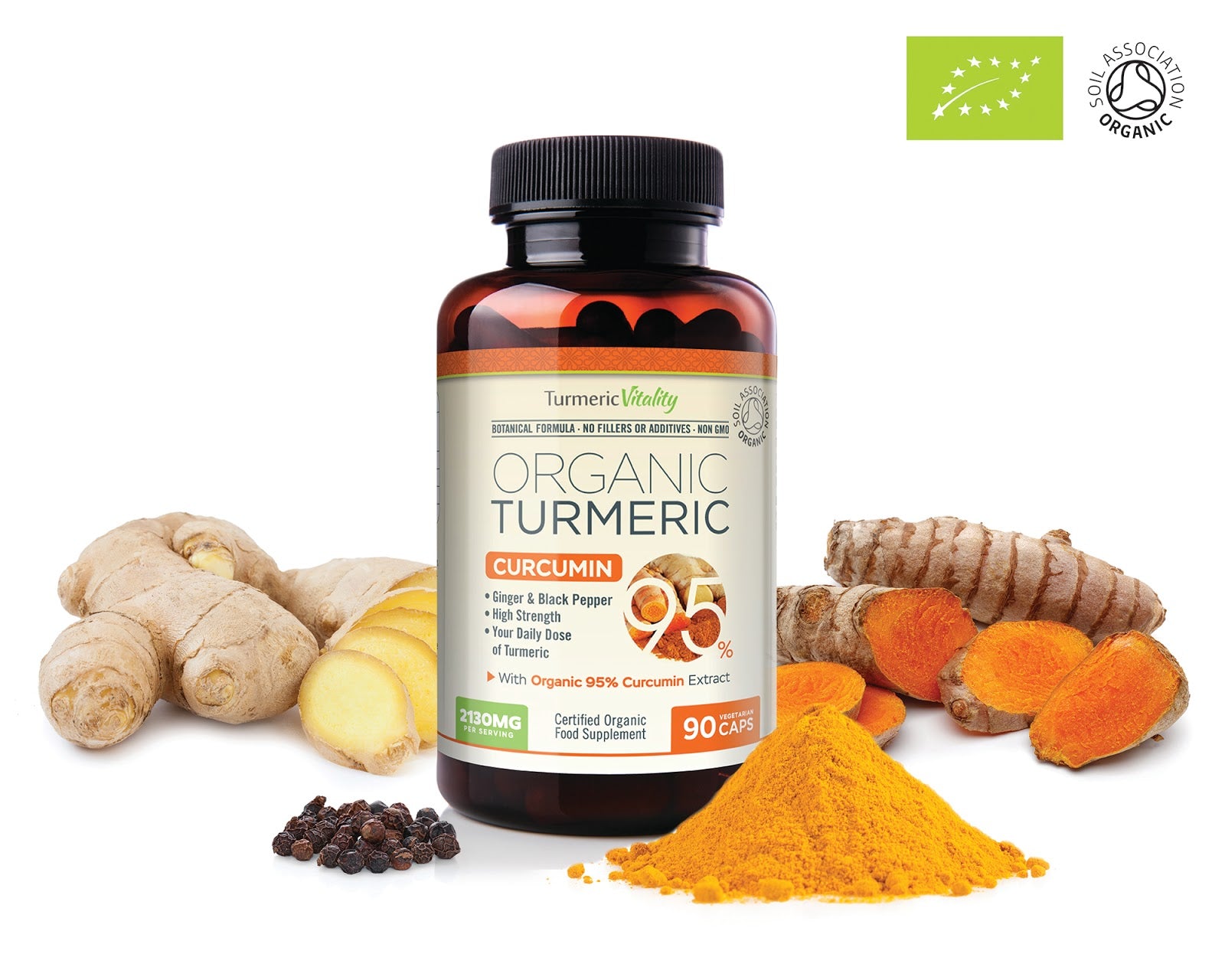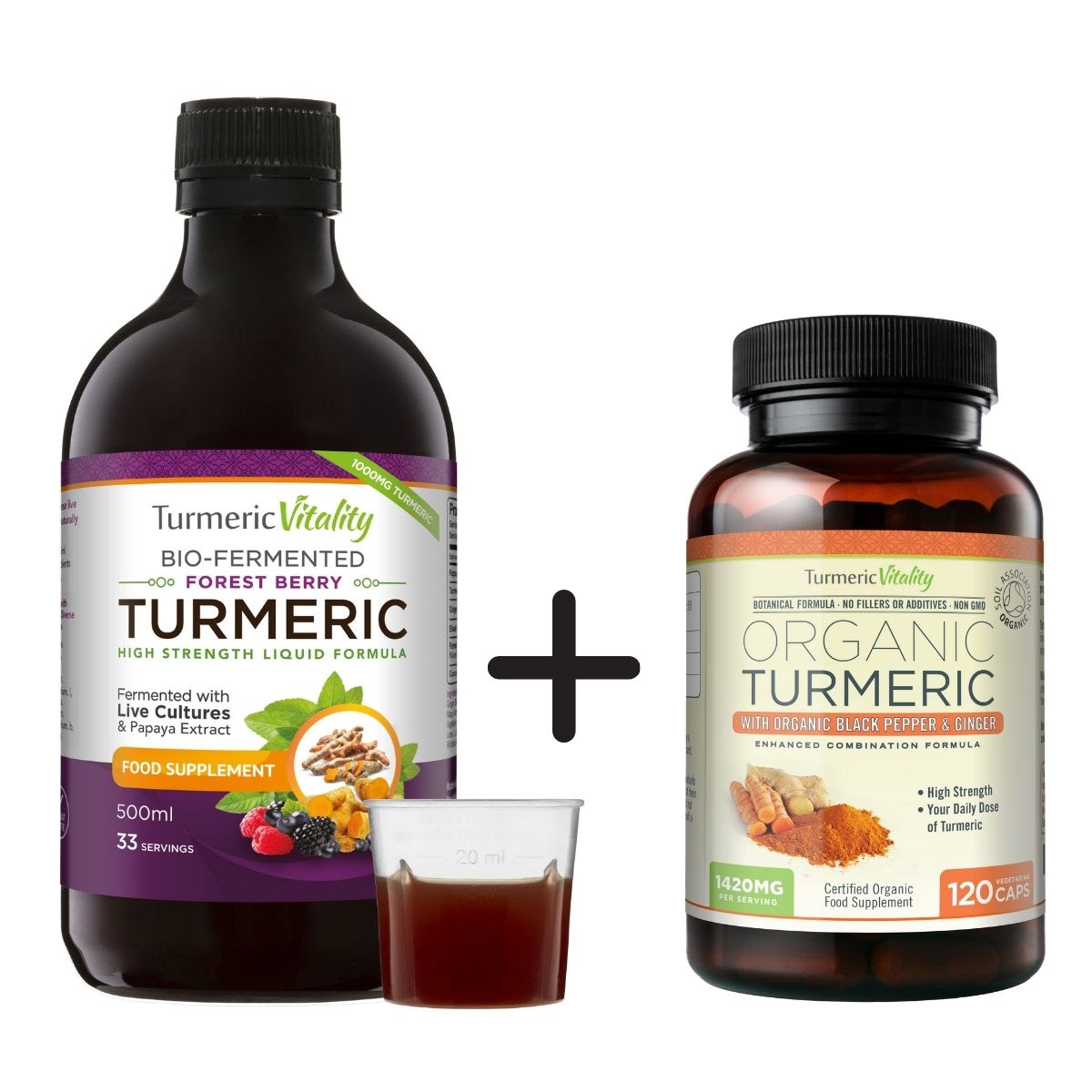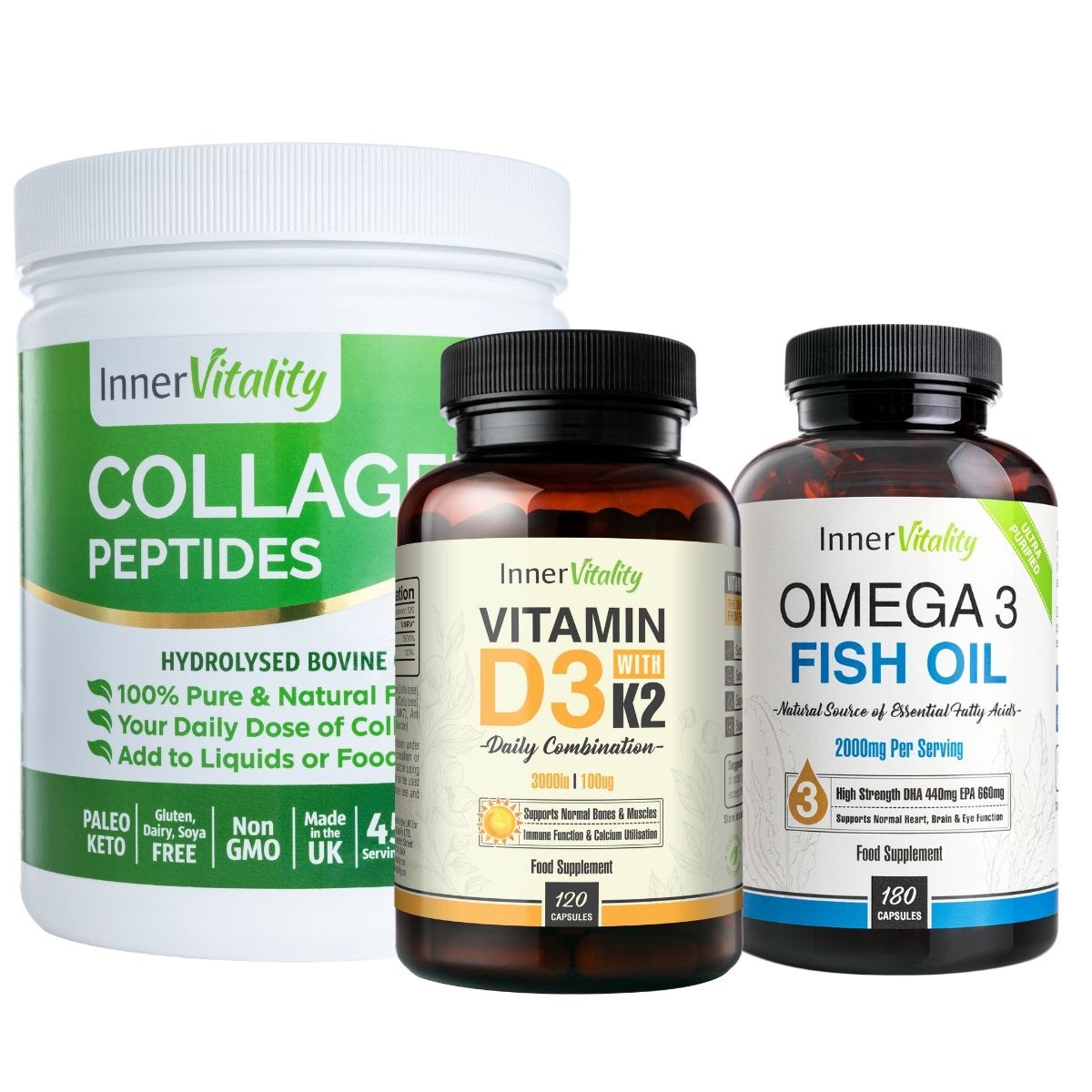Garlic, also known as Allium sativum, has been used for thousands of years not just for culinary purposes but as a treatment for a wide array of medical maladies.
Records indicate that this herb-like vegetable was prescribed by Hippocrates, “the father of modern medicine,” for the treatment wounds, digestive issues respiratory and parasitic infections, poor appetite, low energy levels and even to cure leprosy.
Garlic is highly rich in vitamin B, vitamin C, copper, iron, manganese, potassium, and selenium.
It doesn't only pack a powerful nutritional punch but raw garlic’s sulfur compound known as Allicin is believed to be responsible for its diverse health benefits.
For people who don’t like to eat fresh garlic because of its pungent taste, they can take it in the form of aged garlic extract, tablets, capsules, and dehydrated garlic powder.
An overwhelming body of clinical evidence suggests that loading up on garlic can benefit almost every system in the body.
1) Supports Immune System to Combat Illness
Taking garlic can ward off a wide range of diseases by boosting the immune function.
A 90-day study assessing the effects of aged garlic extract in healthy participants found that the treatment reduced cold and flu severity, number of symptoms, inflammation, and the number of work/school days missed due to illness, compared with the placebo-treated group. [1]
Interestingly, researchers found that subjects who consumed aged garlic extract had a significant increase in the levels of immune system cells such as T cells and natural killer (NK) cells after 45 days.
A recent cell study reported that fresh garlic extract enhanced the antimicrobial activities of antibiotics on antibiotic-resistant pathogens. [2]
In addition, researchers found that fresh garlic extract treatment alone inhibited the growth of Candida Albicans and methicillin-resistant Staphylococcus aureus (MRSA), suggesting a potent antibacterial effect.
A review of the most recent experimental results concluded that garlic appears to boost the immune function by modulating various cells of the immune system such as NK cells, white blood cells, dendritic cells, macrophages, and eosinophils.[3]
Moreover, results from the study have shown that garlic strengthens the immune system by modulating the secretion of inflammatory cytokines.
2) Improves Cardiovascular Health
Garlic supplementation is also good for the heart as it can help reduce one’s risk of cardiovascular diseases by improving various health parameters.
In a recent review of studies investigating the effects of garlic supplementation on heart health, it was found that aged garlic extract can lower the risk for atherosclerosis (plaque build-up within the heart arteries) by reducing blood pressure and total cholesterol. [4]
A study of patients with high cholesterol levels found that consumption of one-half to one clove of raw garlic per day decreased the blood levels of total cholesterol by about 9%. [5]
A recent and more extensive study assessing the effects of garlic in people with hyperlipidemia, a condition characterized by high blood levels of lipids or fats, such as cholesterol and triglycerides, found that subjects who consumed garlic regularly had lower levels of total cholesterol and low-density lipoprotein (bad cholesterol). [6]
3) Detoxifies the Body
As a potent antioxidant, garlic has the potential to remove harmful chemicals from the body and protect against damaging compounds.
In a study assessing the protective effects of garlic in patients with chronic occupational lead poisoning (car battery exposure), researchers observed that the group treated with garlic (1200 μg allicin, three times daily) had significant clinical improvement in symptoms including irritability, headache, blood pressure, and decreased deep tendon reflex compared with the group treated with d-penicillamine (250 mg, three times daily). [7]
In addition, the frequency of side effects was significantly higher in the d-penicillamine-treated group than the garlic-treated group. These results suggest that garlic has greater efficacy and a high level of safety than d-penicillamine in the treatment of mild-to-moderate lead poisoning.
In one mice study, supplementation with a crude extract of garlic protected against the damage induced by injection of sodium arsenite. [8]
Researchers found that garlic significantly reduced damage to chromosomes (carry genetic information), possibly by neutralizing the harmful effects of sodium arsenite.
In a study of fishes injected with aflatoxin B1, a poisonous carcinogen, it was found that garlic supplementation significantly reduced the levels of liver enzymes and uric acid compared with curcumin supplementation. [9]
Aflatoxin B1injection in fish subjects caused a significant increase in liver enzymes such as aspartate aminotransferase (AST) and alanine transaminase (ALT), as well as uric acid levels. Garlic supplementation reversed aflatoxin B1’s deleterious effects.
4) Combats Cancer
A growing body of up-to-date studies supports the anti-cancer properties of garlic.
A2018 study published in the Journal of nutrients found that the use of garlic and garlic-based extracts can dramatically reduce the incidence of various types of cancer. [10]
This cell study showed that the treatment of breast cancer cells and multiple myeloma cells with a simple homemade ethanol-based garlic extract resulted in programmed cell death of cancer cells. Researchers observed that the garlic extract exerted its anti-cancer effects by inhibiting signalling pathways necessary for the growth and multiplication of cancer cells.
A 2018 review published in the InternationalJournal of Preventive Medicine also found that intake of aged garlic can reduce cancer incidence. [11] Researchers assessed human, animal, and human cell studies and found a strong association between increased garlic consumption and lower incidence of different types of cancer.
In a 2015 study published in Cancer Prevention Research, it was found that consumption of large amounts of garlic reduced the risk of stomach cancer, colorectal cancer, oesophagal cancer, prostate cancer, breast cancer, ovarian cancer, and cancers of the oral cavity. [12]
Possible mechanisms for this anti-cancer effect include suppression and excretion of dietary carcinogens, inhibition of cancer growth by retarding cell cycle progression, and destruction of malignant cells via induction of programmed cell death.






